Certifications prove than an individual has completed a learning process and achieved the stated objectives. They can prove essential as part of a career portfolio and enhance credibility with current and future employers.
Certifications are unique as they show a commitment to lifelong learning, they offer the perfect portal to ensure knowledge and skills remain current and up-to-date. Each certification gained from CNet requires re-certifying every three years. CNet has designed an online system that enables re-certification to be undertaken on demand, at the learner's convenience.
CNet's certifications are in demand and are specified on job specifications all over the world, read more here.
Qualifications are valid for life. They differ from certifications in that they are controlled by international educational bodies, and only approved Education Centres can deliver the programs that lead to qualifications. Approved Education Centres must undergo annual auditing on each program they deliver. This ensures the quality of each program, and the delivery processes around it, continue to meet the educational body’s strict requirements. Qualifications are recognised across the world referenced by qualification equivalences.
Accreditations are awarded by the organisation who provides the training. These types of awards represent the level of training that has been attended by the individual and can add value to the individuals, employer and the wider industry.
Pearson is the largest education company in the world, with more than 22,500 employees operating in 70 countries. Being an Approved Pearson BTEC centre allows CNet’s team of academic professionals to design programs that lead to professional qualifications. Each program is delivered by CNet’s qualified Instructors from Education Centres, via remote attendance utilising Smart Rooms, or on-site at client premises worldwide.
CNet has been an Approved Pearson BTEC Centre for over 20 years, this is a great achievement considering the strict criteria that must be adhered to and the annual verification process required to allow qualifications to continue to be awarded. This continuous approval means CNet customers can be reassured that CNet conforms to the highest standards from a trusted and global education body.
Pearson BTEC Professional Qualifications offer a practical approach to learning, which is structured around real-life situations and can include both theoretical and practical learning. Learners undertake a number of units to allow them to demonstrate their skill and knowledge. They are available in varying levels – from the entry level Award, advancing to a Certificate and the highest being a Diploma.
Learners can build their own qualification portfolio over time to grow in line with their careers. BTECs also allow flexibility in terms of the time allowed to complete them and, at the end of the learning, an examination is undertaken to confirm the level of knowledge achieved. The majority of CNet’s programs award BTECs or units towards a BTEC qualification.









